Bankruptcy protection is one of the most powerful tools available to help individuals get out from under a crushing weight of debt. When you go through Chapter 7 or Chapter 13 bankruptcy, you can reduce or eliminate most types of consumer debt, including:
- Credit card bills
- Medical bills
- Home mortgages
- Auto loans
Unfortunately, there are some types of debt that are much harder to eliminate through bankruptcy. Two of the most common of these are tax debt and student loan debt.
Student loan debt
Student loan debt has been much in the news recently. President Joe Biden announced a plan to reduce or eliminate the debt for millions of Americans, but that plan has been held up by legal challenges. Recently, the U.S. Supreme Court heard oral arguments in the case, and the plan’s fate is up in the air.
As a result, many Americans are looking for other options.
It’s often said that bankruptcy cannot help with student loan debt. That’s not strictly true. In fact, you may be able to convince the court to discharge your student loan debt under some circumstances, but doing so is not easy.
To have the court discharge your student loan debt, you must show that holding you to the debt would impose an “undue hardship” on you. Put simply, this means that you are unable to pay the debt, and that you are never likely to be able to pay it.
Federal tax debt
Unpaid federal taxes are also quite difficult to discharge, but doing so is not necessarily impossible. However, the technical requirements can be challenging.
You may be able to discharge taxes in bankruptcy if they are federal income taxes, and they must date to at least three years before you filed for bankruptcy. What’s more, you must have filed tax returns for the debt in the intervening years.
Generally, the IRS must have recorded the debt at least 240 days before your bankruptcy filing, or not recorded it at all. Also, the IRS must not have filed a lien on your property in an effort to collect the debt.
You will not be able to discharge the tax debt if you submitted a fraudulent return.
Other types of debt
Certain other types of debt may not be dischargeable through bankruptcy. These include child support debt. In fact, delinquent child support debt must generally be paid before any other debts in bankruptcy.
Still, as you can see, bankruptcy can help with most types of your consumer debt, and attorneys may know ways to deal with some of the exceptions.

